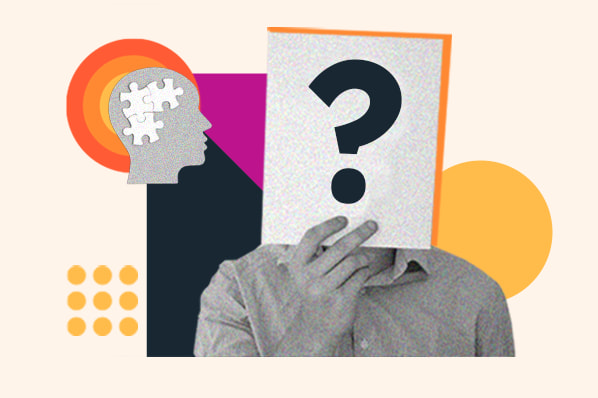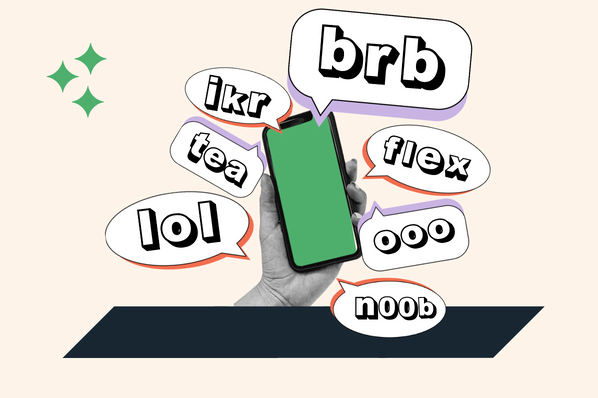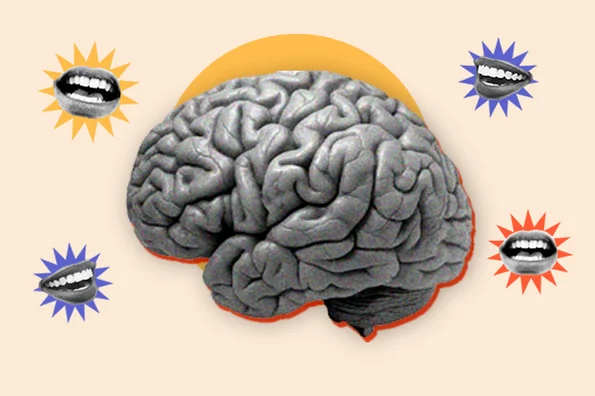We know empathy -- the ability to understand and relate to the emotions of others -- is a core competency of creativity, leadership, and being an all-around happy, successful person.
Consciously approaching situations with an empathic perspective enables us to devise more inventive, impactful solutions to problems, form meaningful relationships, and ultimately, understand ourselves more thoroughly and with more self-acceptance.
Click here to download leadership lessons from HubSpot founder Dharmesh Shah.
But is empathy a static trait? Or are we capable of improving our own capacity for empathic thinking?
"You can learn [empathy] with time and dedication" said Annie McKee, author of Primal Leadership and Happy at Work, in Harvard Business Review. "It starts with having a dream-- a vision of the future that means enough for you to put in the hard work needed to change old habits. And, you need to accept how important empathy is at work -- and perhaps [...] the realization of the damage done by not having it."
So what does strengthening our empathic fitness look like in practice? The team at Sub Rosa, a strategy and design practice based in Manhattan, believe it begins with asking yourself some tough questions. To help more people embrace an ongoing habit of acknowledging and consciously improving empathy, they developed Questions & Empathy, a card deck with 49 questions designed to provoke authentic discussions and strengthen empathic thinking.
The deck has been used in workshops across a number of different industries and disciplines -- from the Fast Company Innovation Festival to West Point. Each question is aimed at uncovering a deeper truth about the way we navigate the world -- one we might not have discovered without direct provocation.
"Some of us are naturally predisposed empaths, but for the rest of us, it's a skill that is learned and developed," explains the guidebook for Questions & Empathy. "It requires curiosity and imagination, and it's a muscle that we must constantly train. Doing so will help you discover greater purpose, inform sound decisions, build deeper relationships, and create better solutions."
In their ongoing work with empathy, the team at Sub Rosa has identified seven key components of empathic thinking, and given each archetype a title and core purpose:
- Inquirer: Interrogate assumed truths
- Convener: Anticipate the needs of others
- Alchemist: Test and learn at all costs
- Confidant: Summon the patience to observe and absorb information
- Sage: Inhabit the here and now
- Cultivator: Purposefully nurture and actively develop
- Seeker: Be confident and unafraid to take risks or pivot
The Questions & Empathy deck is designed to put you in the mindset of each archetype, challenging you to explore different areas of empathic thinking through uncommonly direct questions and self-reflection.
We're sharing 15 of our favorite questions from the deck below, broken down into sections corresponding to five different components of empathy. So gather your team, your friends, or just a pen and paper, and approach each of these questions with an open mind. There are no right or wrong answers.
15 Questions to Strengthen Empathic Thinking
Interrogate assumed truths.
Challenging preconceived notions enables us to better navigate a world of diverse belief systems and conflicting opinions. Part of embracing empathy in your daily life means pushing to discover the big, messy, underlying reasons behind the beliefs and patterns you've always accepted without question.
Sometimes, we need to excavate the "why" behind seemingly fixed points, and demand contemplative responses from ourselves and others.
1) When have your instincts led you astray?
2) What are your personal biases that most interfere with finding truth?
3) What types of questions make you most uncomfortable?
Creatively anticipate the needs of others.
There are times in your professional and personal life when it's up to you to intentionally cultivate space for other people to grow and thrive. This means learning what others need to be successful, and figuring out how to give it to them without compromising your own sense of well-being.
4) What about you most comforts others?
5) What makes an experience meaningful?
6) How do you balance being self-serving and selfless?
Constantly test and try.
To constantly improve yourself and your work, you need to be willing to test, fail, and pivot accordingly -- often over and over again. Remaining curious and patient in the face of failure is not without its emotionally charged challenges, but it creates resilience, focus, and a deep, first-hand appreciation for the victories and losses of those around you.
7) When does your curiosity create difficulty?
8) Who has challenged you to be better than you once were?
9) How does iteration inform the outcome of your work?
Summon the patience to observe and absorb information.
Understanding is formed in those silent, observant moments of a deep conversation -- when we stop planning what to say next, and focus instead on absorbing everything we can. You might be surprised how much you come to understand about the people around you when you give them a secure, nonjudgmental space to confide.
10) What role can silence play in a conversation?
11) What should people better understand about you?
12) When are you most observant?
Inhabit the here and now.
"Be present" isn't just a self-help mantra -- it's a reminder to acknowledge how you feel in a given moment, and recognize the feelings of those around you. When you feel yourself becoming untethered from the present moment or clouded with concerns about the past or future, make a conscious effort to bring yourself back and check in.
13) Where do you feel most present?
14) When negative emotions arise, how do you deal with them?
15) How do you stay grounded when the world gets overwhelming?
How do you plan to strengthen your empathy this year? Let us know in the comments.
.png?width=112&height=112&name=Image%20Hackathon%20%E2%80%93%20Vertical%20(39).png)








![How Neuromarketing Can Revolutionize the Marketing Industry [+Examples]](https://www.hubspot.com/hubfs/neuromarketing_1.webp)


